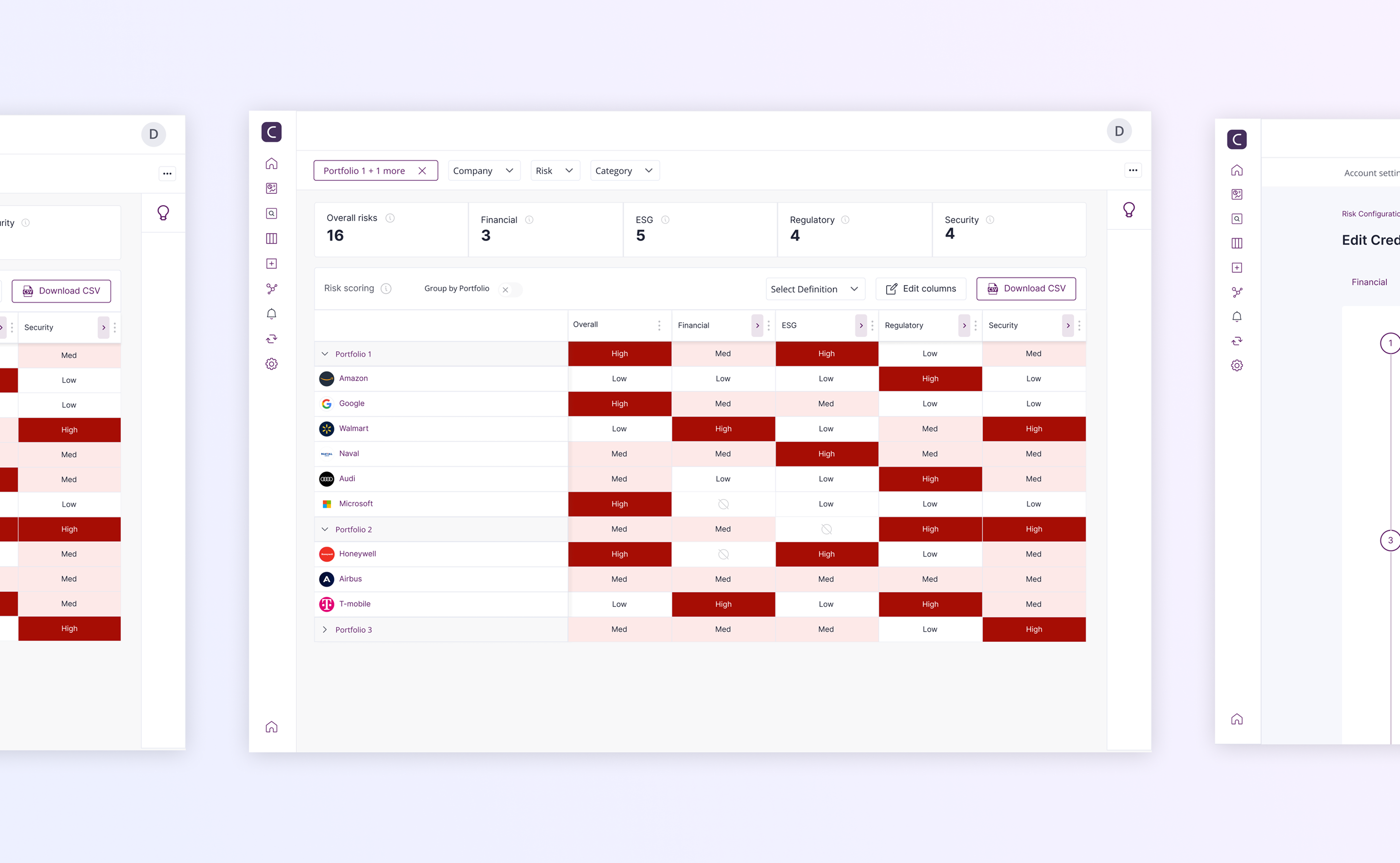
April 12, 2024
Managing Cash Flow in Early-Stage Startups
Cash flow management is the unsung hero of startup success. While everyone focuses on revenue growth and user acquisition, smart founders know that cash flow is what keeps the lights on. Having worked with hundreds of startups through various funding stages, I've seen too many promising companies fail not because their product was bad, but because they ran out of cash at the worst possible moment.
The brutal truth is that 82% of startup failures are due to cash flow problems, not product failures. You can have the best product in the world, but if you can't pay your bills, you're out of business. This makes cash flow management one of the most critical skills for any startup founder.
Understanding Your Burn Rate: The Lifeblood Metric
Your burn rate is your company's heartbeat—it tells you exactly how much time you have left before you run out of money. Calculate it by subtracting your monthly revenue from your monthly expenses. This simple metric determines your runway and funding urgency.
But don't just calculate your average burn rate. Segment it by month to identify trends and seasonality. Track your gross burn (total expenses) and net burn (expenses minus revenue) separately. This granular view helps you make better decisions about hiring, marketing spend, and operational investments.
"Revenue is vanity, profit is sanity, but cash is king."
Business Proverb
Revenue Forecasting: Predicting Your Future
Accurate revenue forecasting is crucial for cash flow management, but most startups do it wrong. Don't just extrapolate from historical data—build forecasts based on your sales pipeline, customer acquisition trends, and market conditions.
Create multiple scenarios: conservative (what you're confident will happen), realistic (your best estimate), and optimistic (if everything goes perfectly). Use these scenarios to plan for different cash flow situations and identify when you'll need additional funding.
Accounts Receivable: Getting Paid Faster
Your customers' money in your bank account is worth more than money in their accounts. Implement clear payment terms, send invoices immediately, and follow up on overdue payments promptly. Consider offering discounts for early payment or penalties for late payment.
For B2B startups, consider requiring deposits or milestone payments for large projects. This improves cash flow and reduces the risk of non-payment. Use tools like Stripe or QuickBooks to automate invoicing and payment reminders.
Expense Management: Controlling the Outflow
Every dollar you don't spend is a dollar you don't need to raise. Review your expenses regularly and eliminate anything that doesn't directly contribute to revenue growth or customer acquisition. This includes unnecessary software subscriptions, unused office space, and non-essential team members.
Implement approval processes for expenses above certain thresholds. Use corporate credit cards with spending limits and require receipts for all purchases. These controls prevent unauthorized spending and help you track where your money is going.
Funding Strategy: Planning for the Future
Start fundraising when you have 6-12 months of runway left, not when you're about to run out of money. Investors can sense desperation, and it significantly reduces your negotiating power. Plan your fundraising timeline based on your burn rate and growth trajectory.
Consider alternative funding sources like revenue-based financing, venture debt, or strategic partnerships. These options can provide capital without the same level of equity dilution as traditional venture capital.
Cash Flow Monitoring: Staying Ahead of Problems
Monitor your cash flow weekly, not monthly. Set up alerts for when your cash balance drops below certain thresholds. Create a 13-week rolling cash flow forecast that you update regularly based on actual results.
Use tools like Float, Pulse, or even a simple spreadsheet to track your cash flow. The key is to have real-time visibility into your financial position so you can make informed decisions about spending and fundraising.
Remember: cash flow management is not just about surviving—it's about thriving. Companies with strong cash flow management can weather economic downturns, take advantage of opportunities, and maintain control over their destiny. Master this skill, and you'll have a significant competitive advantage over your peers.
- Solutions
- Home
- Our Services
- Portfolio




